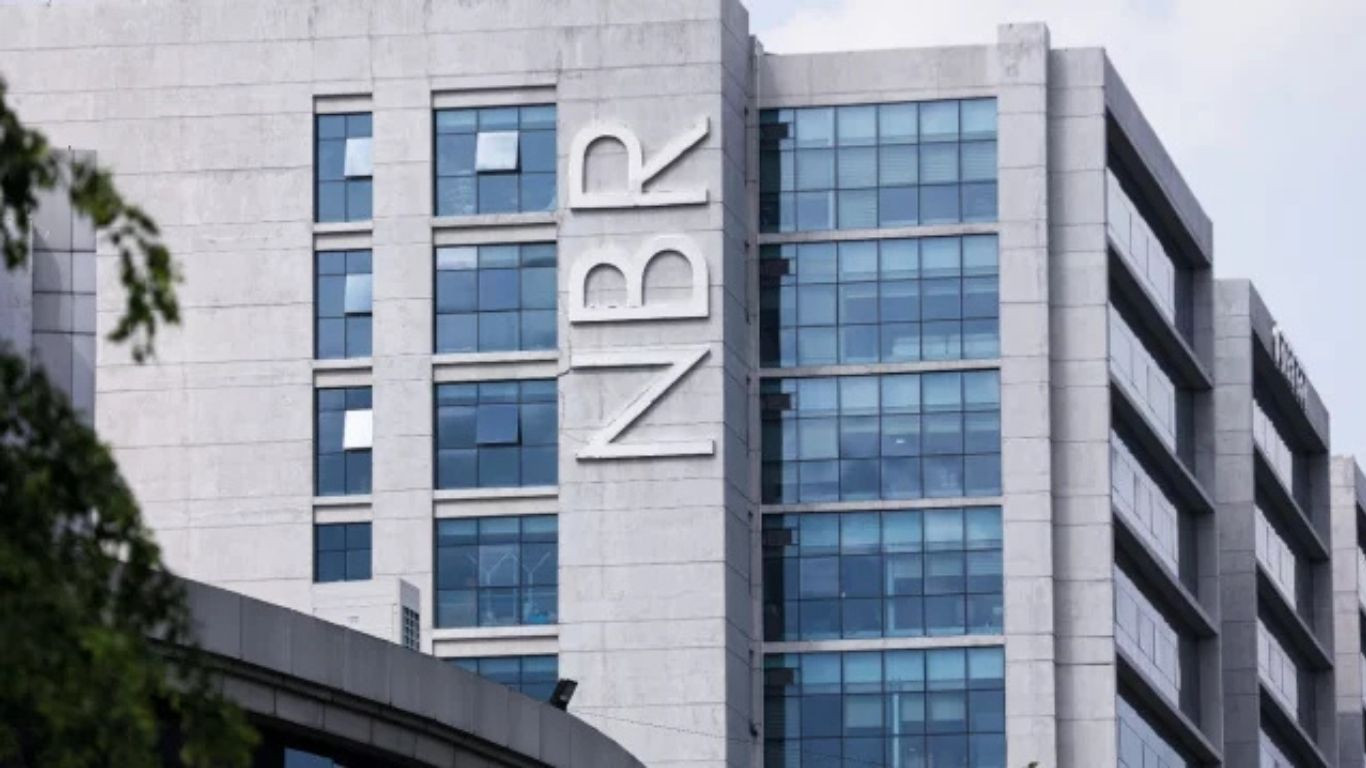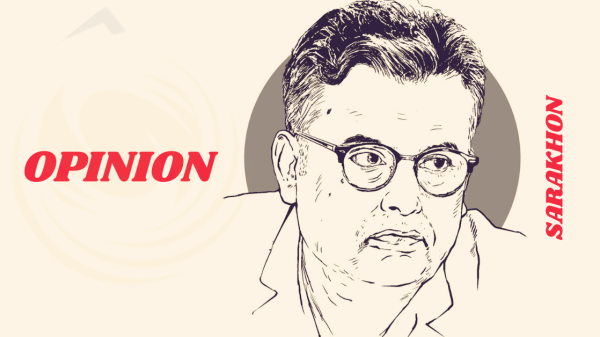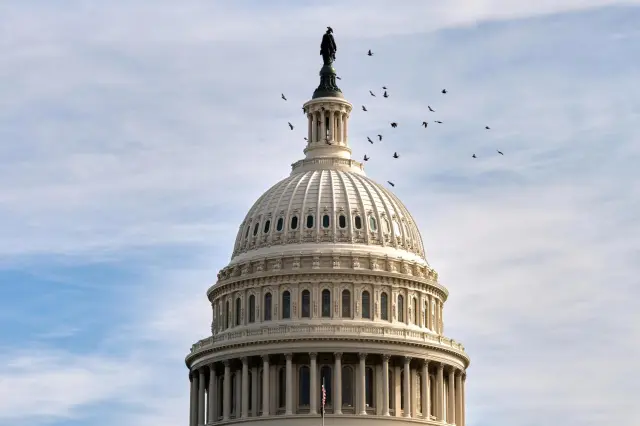Paul McCartney joins AI backlash with a silent protest track

Beatle legend adds wordless bonus song to anti-AI album
Paul McCartney is taking aim at artificial intelligence in an unusually quiet way: with a track that contains no sound at all. The former Beatle has contributed a completely silent “bonus track” to the upcoming vinyl edition of the album Is This What We Want?—a project that uses ambient noise and silence to protest the use of artists’ work in AI training without consent. Rolling Stone reports that the release is part of a broader campaign by musicians worried that their recordings could be scraped, cloned and repurposed by tech firms under proposed changes to U.K. copyright law.
The original album, released earlier this year, consisted of background sounds recorded in studios rather than traditional songs, designed to highlight what music might look like if creators refused to provide material. Organisers said the concept was intended to dramatise the stakes of letting AI companies mine creative work for free. McCartney’s new track takes that logic to its extreme: nearly three minutes of deliberate silence, offered by one of the world’s most famous songwriters as a statement on what could be lost if human creativity is devalued.
According to the report, the project grew out of mounting concern among musicians, labels and collecting societies about generative AI tools that can mimic voices, styles and arrangements. In the U.K., a consultation on text-and-data mining exemptions has sparked fears that rights-holders could be forced to accept broad permissions for AI training. Artists argue that without clear safeguards and licensing frameworks, their life’s work could be repurposed into AI models that generate sound-alike tracks or virtual performances, with little or no compensation.
McCartney has been vocal about those risks, warning in earlier interviews that younger artists are especially vulnerable. In an industry where streaming already pays modest royalties per play, he and others say AI threatens to further erode the link between creative labour and income. They also raise ethical worries about posthumous releases built around cloned voices and styles, blurring the line between tribute and exploitation. The silent track, in that sense, functions as both a protest and a thought experiment: what happens if artists simply stop feeding the machine?
The campaign fits into a wider push by creative industries to set red lines around AI. Screenwriters and actors have secured new protections on digital replicas through labour agreements, while visual artists are suing AI image-generator companies over training datasets. Music has been slower to define its boundaries, in part because the line between inspiration and imitation is notoriously fuzzy. But high-profile protests from figures like McCartney are putting pressure on legislators to treat music catalogues as sensitive infrastructure rather than raw material.
For fans, the idea of paying for silence may sound like a stunt, but supporters say the track’s value lies in the conversation it sparks. It invites listeners to consider how much of their favourite music exists because artists were confident they would retain control over their work. If that confidence disappears, the fear is not that AI will suddenly replace all musicians, but that fewer people will take the risk of building careers in a system tilted toward tech platforms. In that sense, the quietest song on the record may be the loudest warning about the future shape of pop culture.





















